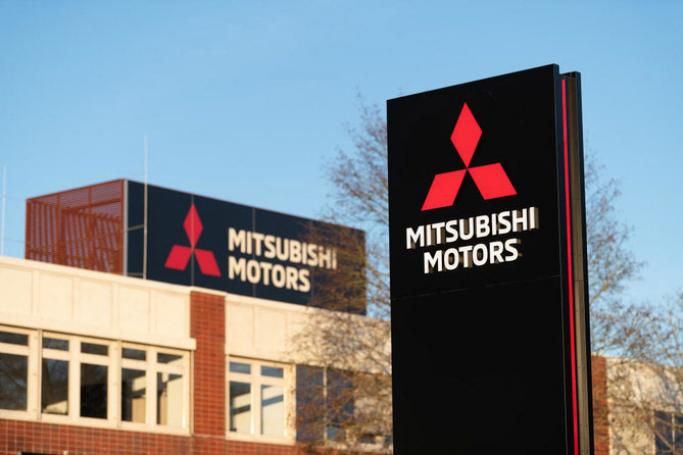Mekong Watch, Friends of the Earth Japan (FoE Japan) and Justice For Myanmar (JFM) have cautiously welcomed media reports about Mitsubishi Corporation’s stated intention to withdraw from the Yetagun gas project in Myanmar, citing deteriorating profitability as the gas field nears the end of its life, according to a press release.
The NGOs care calling on Mitsubishi to ensure that their exit is responsible and to prevent further complicity in human rights violations associated with the project, adding that a responsible exit by the Corporation must include the withholding of revenue from the project that is being paid to the Myanmar military junta, which helps to finance the military’s campaign of terror.
In December, leaked documents published by Justice For Myanmar showed that the Yetagun project would earn the military junta US$22.37 million over six months from 21 October, 2021. In the documents, the illegitimate junta leadership expressed a direct interest in Yetagun project payments owed to Myanma Oil and Gas Enterprise (MOGE), implicating Mitsubishi and other partners in the project.
Mekong Watch and FoE Japan have been requesting Mitsubishi and other Japanese stakeholders in the Yetagun project to ensure that revenue from the project will not flow to the military, and to disclose the payments they have made or plan to make in connection with the project. However, Mitsubishi and other Japanese stakeholders have failed to act on both these points.
In January, civil society organisations including Mekong Watch, FoE Japan and JFM wrote to investors of Japanese businesses with links to the military junta, including Mitsubishi Corporation, calling for engagement to cut off revenue flows to the junta.
The Yetagun project is operated by a consortium led by Malaysian state-owned oil company Petronas Carigali, Thailand’s PTTEP, Japan’s Nippon Oil Exploration (Myanmar), with the military-controlled MOGE. Nippon Oil Exploration (Myanmar) is jointly held by JX Nippon Oil & Gas Exploration (a subsidiary of ENEOS Holdings), the Government of Japan and Mitsubishi Corporation.
So far, the Government of Japan and ENEOS have not expressed any intention to withdraw from the project.
Yuka Kiguchi, Director of Mekong Watch, stated, “The Yetagun field began production in 2000, and along with the other gas fields, was an important source of revenue for the military regime in Myanmar at the time and likely helped to expand the military budget. Mitsubishi Corporation, which entered the Yetagun consortium in 2013, shares responsibility over the atrocities committed in Myanmar today. Simply withdrawing from the Yetagun project citing deteriorating profitability means that the company is not taking full responsibility. In addition to the Yetagun project, Mitsubishi Corporation is participating in problematic projects in Myanmar such as the Landmark project and Thilawa SEZ (Special Economic Zone) without accountability or sufficient consideration for human rights. The company should raise its standards and for Yetagun, withdraw with full environmental and social considerations."
Yadanar Maung, Justice For Myanmar spokesperson, commented, “Mitsubishi Corporation has been complicit in financing the illegal military junta’s grave human rights violations and atrocity crimes through their investment in the Yetagun project. As part of divestment, Mitsubishi should take concrete steps to prevent the Yetagun project’s continuing bankrolling of the Myanmar military. As a leading Japanese corporation, Mitsubishi Corporation should push other project partners to place Yetagun revenues in an escrow account, in consultation with the National Unity Government (NUG).
“Mitsubishi Corporation’s withdrawal from Yetagun should send a strong message to the Malaysian and Thai governments, who are the biggest shareholders in the project, through Petronas and PTTEP respectively. As members of the Association of Southeast Asian Nations (ASEAN), Thailand and Malaysia’s business with the terrorist junta undermines ASEAN’s Five-Point Consensus, providing millions to the military that finances continued violence.”












